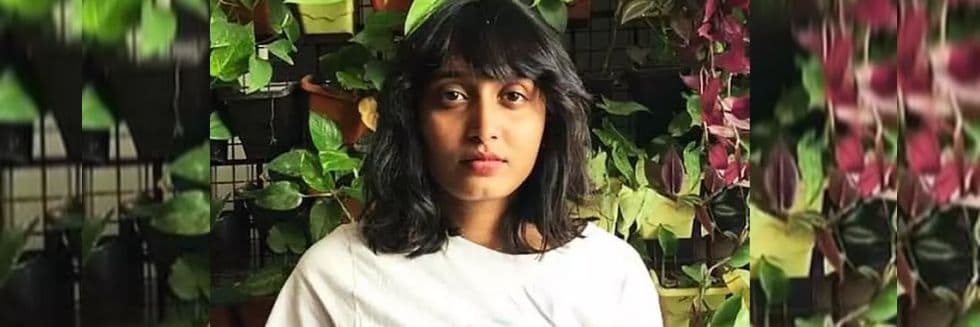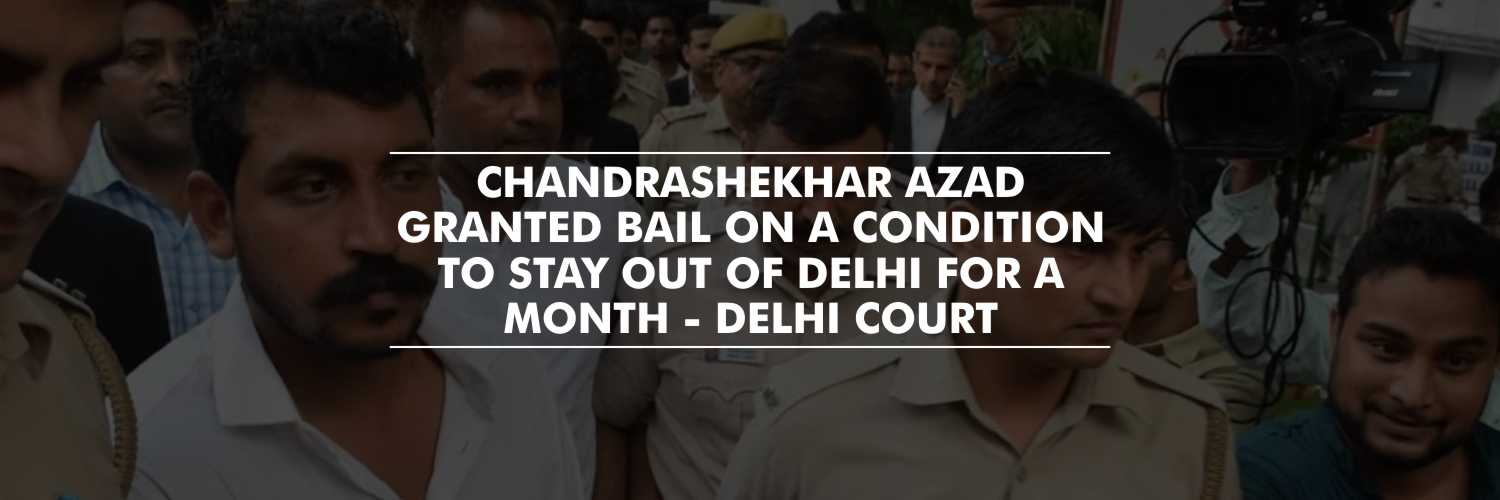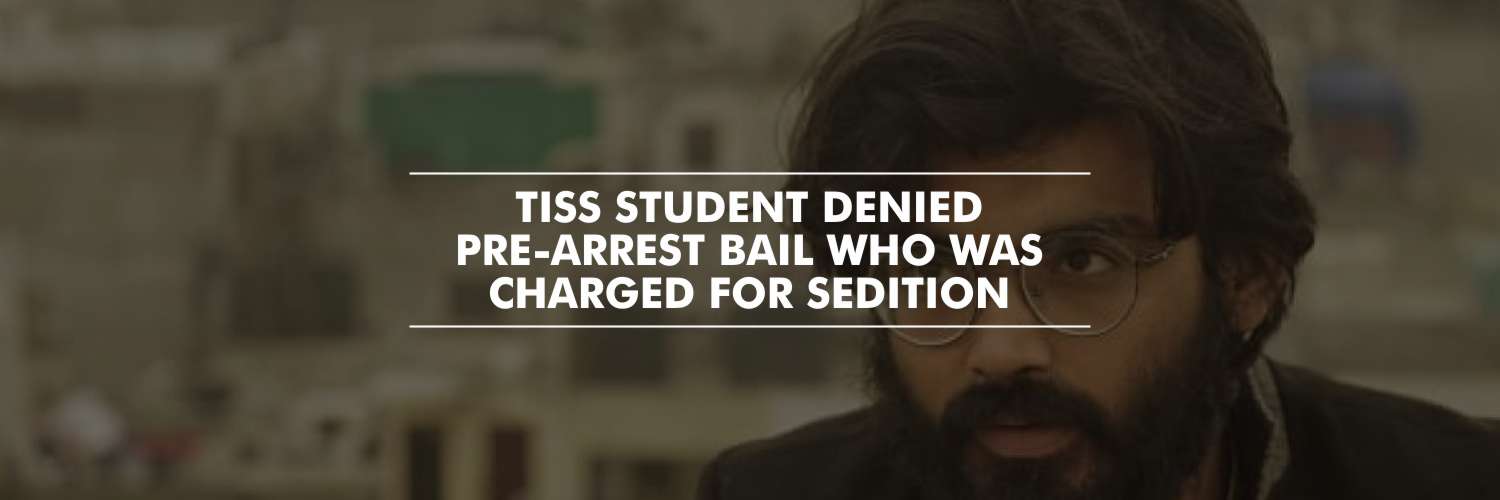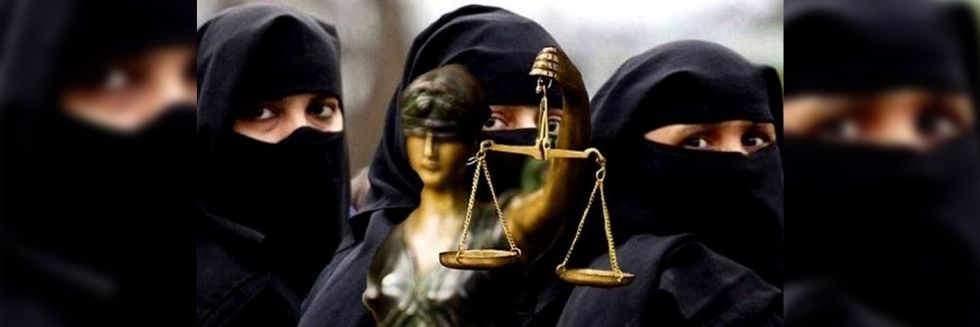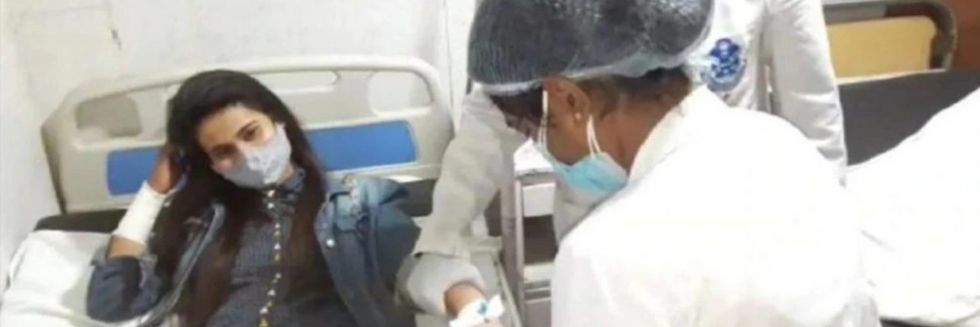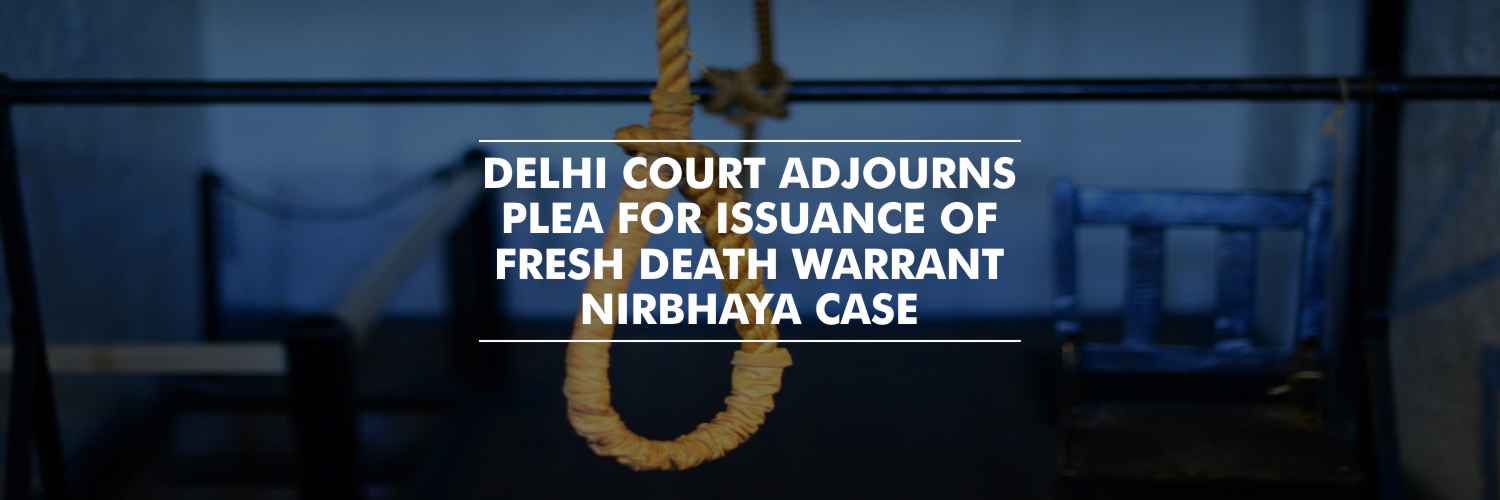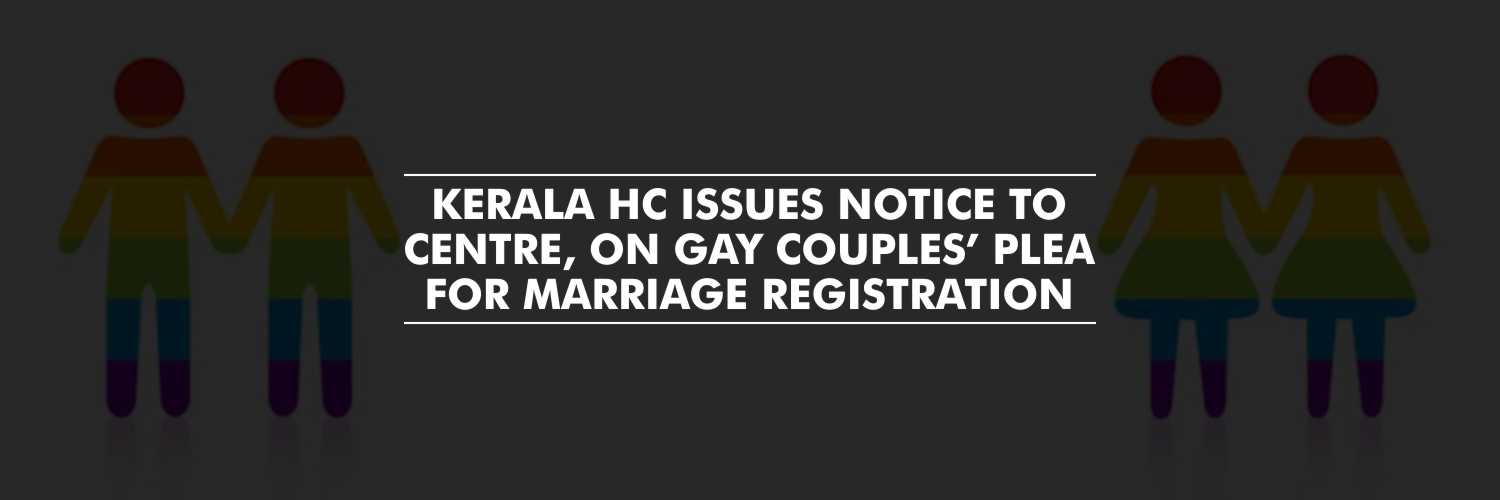The Delhi High Court has on Wednesday granted one last opportunity to the Centre and the Delhi police to respond to a plea by climate activist Disha Ravi, for restraining the police from leaking to the media any probe material in relation to the FIR registered against her in the toolkit case.
The bench headed by Justice Prathiba M Singh asserted “A last and final opportunity is granted to the Centre and Delhi Police to file their counter-affidavits within two weeks and rejoinder by petitioner thereafter.” Further, the bench listed the matter for hearing on May 18.
As per sources, Additional Solicitor General Chetan Sharma and advocate Ajay Digpaul, appearing for the Centre, and advocate Amit Mahajan, representing the Delhi Police, sought more time to file their replies.
Background
Ravi was arrested on February 13 in a case filed by the Delhi Police in connection with an online document, referred to as a “toolkit”, intended to help amplify farmer protests. The “toolkit”, a common term used by social activists for campaign material, was tweeted by Swedish activist Greta Thunberg.
Ravi was released from Tihar Jail on February 23 after nine days in custody.
Disha Ravi’s petition
In a petition before the High Court, Ravi sought to restrain the police from leaking to the media any probe material in relation to the FIR lodged against her in the toolkit case. She also sought to restrain the media from publishing the content or extract of any private chats, including those on WhatsApp, between her and third parties.
“The petitioner is severely aggrieved and prejudiced by the media trial surrounding her arrest and the ongoing investigation, where she is being viscerally attacked by Respondent 1 (police) and several media houses,” stated Ravi’s plea. Further, she has claimed that her arrest from Bengaluru on February 13 by a Cyber Cell team of Delhi Police was ‘wholly unlawfully and without basis’.
The petition asserted that such conduct went against her presumption of innocence and violated her right to a fair trial while citing that the police first “leaked investigative material” to the media and that it was “highly likely” that the general public would see the news items “as being conclusive” of her guilt.
Observations by the High Court
On February 19, the Delhi High Court said that certain media coverage of the investigation into the FIR against Ravi for her alleged involvement in sharing a toolkit backing farmers’ protest indicates ‘sensationalism and prejudicial reporting’, but declined to order the removal of any such content at this stage.
The issue of removal of content that was already in the public domain shall be considered at a later stage, it had said.
The high court, in its earlier order, asked the media houses to ensure that no leaked investigation material is broadcast as it could affect the probe and directed the Delhi Police to abide by its stand on affidavit that it has not leaked nor intends to leak any probe details to the press.
Justice Singh had said that while a journalist cannot be asked to reveal a source, he/she has to ensure that the source is ‘verified and authentic’ and the content being published is not ‘merely speculative or conjectural.
The high court also said that the police would be entitled to hold press briefings in the matter in accordance with the law and the Ministry of Home Affairs’ 2010 office memorandum with regard to media coverage, including press briefings, with regard to investigations.
